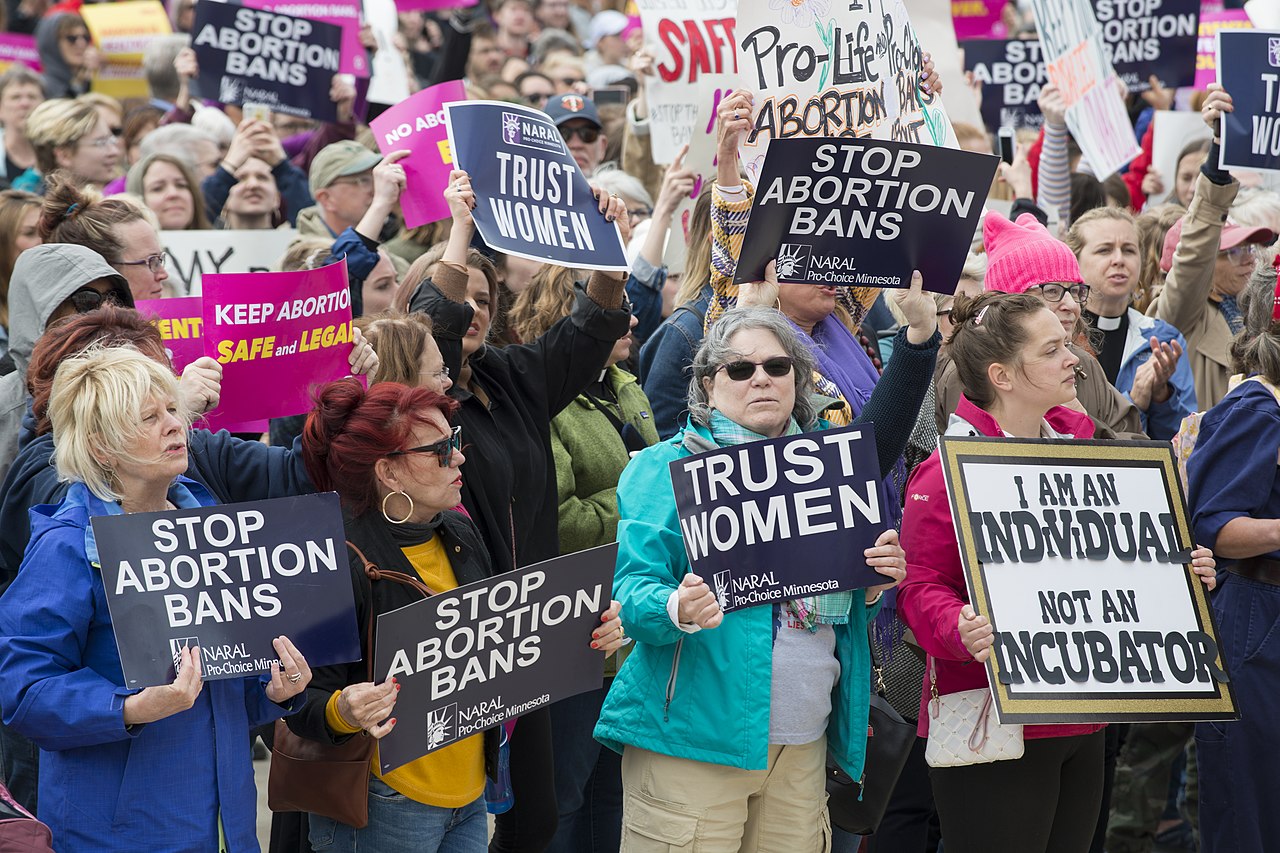NEW ORLEANS (Transatlantic Today) – A judge in the state’s capital issued an order on Tuesday that prevented Louisiana officials from imposing an almost complete ban on abortion.
According to NBC NEWS, Judge Donald Johnson’s injunction temporarily stops enforcement while attorneys for a health clinic in north Louisiana and other pro-abortion activists seek a legal action to challenge the statute. Next Monday is the hearing date established by Johnson.
Jeff Landry, the state’s attorney general, criticized the decision.
In a telephonic conversation, Kathaleen Pittman, the head of the clinic in north Louisiana that served as the primary plaintiff in the action, expressed relief. In Shreveport, the Hope Medical Group for Women facility, according to Pittman, is prepared to restart counselling and abortion procedures. The state’s other 2 clinics are located in Baton Rouge and New Orleans, the state’s capital.
The lawsuit was filed in New Orleans, where on June 27, 3 days after the U.S. Supreme Court reversed its 1973 decision providing nationwide abortion rights, a judge granted a temporary injunction preventing enforcement.
But on Friday, a second New Orleans court ordered that the case be handled in the state’s capital because state law required it. Judge Ethel Julien then declared that she lacked the jurisdiction to prolong the interim restraining order preventing the law’s execution since the matter would no longer be heard in her court.
Attorneys for Landry had claimed in a Baton Rouge filing that the interim restraining order could not be reissued after it expired prior to Johnson’s decision, which was dated Monday, July 11.
The “trigger language” in Louisiana’s statute became effective after the Supreme Court overturned abortion rights.
The plaintiffs in the action do not contest that the state can now prohibit abortion as an outcome of the Supreme Court’s decision, but they contend that the present state statute is unconstitutionally ambiguous. They assert that Louisiana’s legal trigger mechanisms are now contradictory and many. Additionally, they claim that it is unclear from state legislation whether abortions are prohibited before a fertilised egg implants in the uterus.
The plaintiffs also point out that although the legislation makes an exemption for “medically futile” pregnancies in situations of fetuses with fatal defects, it doesn’t define the phrase and that state health authorities haven’t yet produced a list of circumstances that would qualify. According to the lawsuit, the state statute is ambiguous regarding the ban’s effective date and any medical exceptions to it.


























